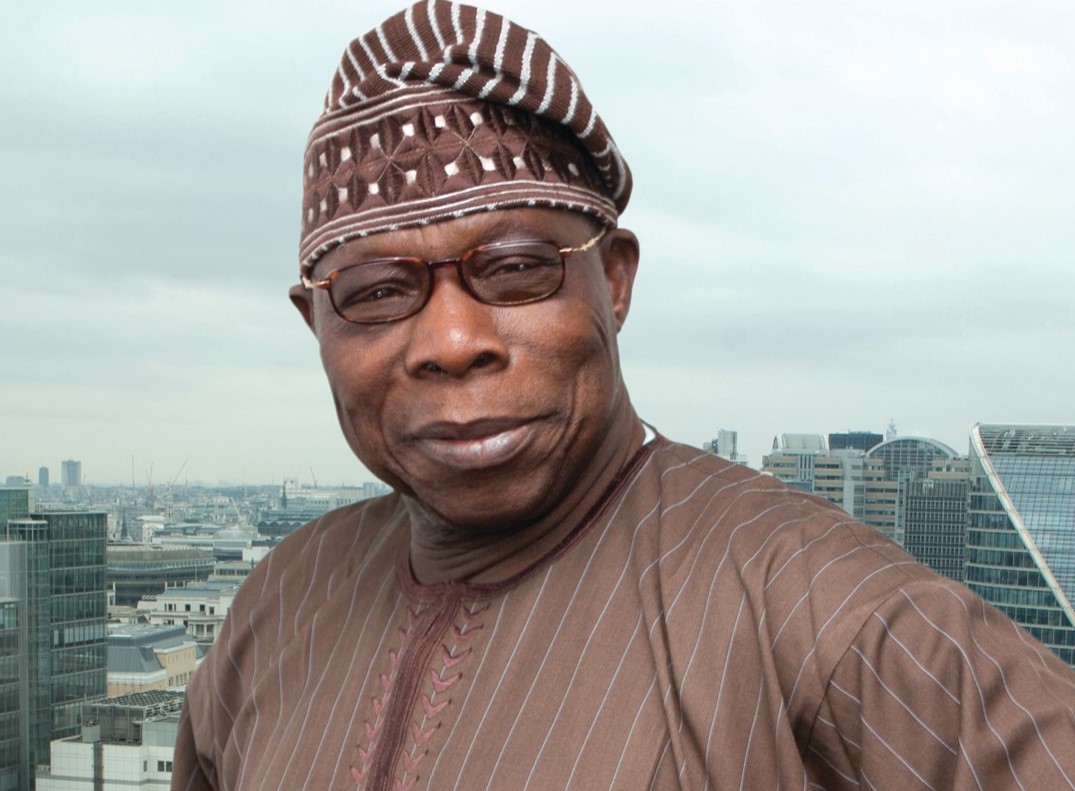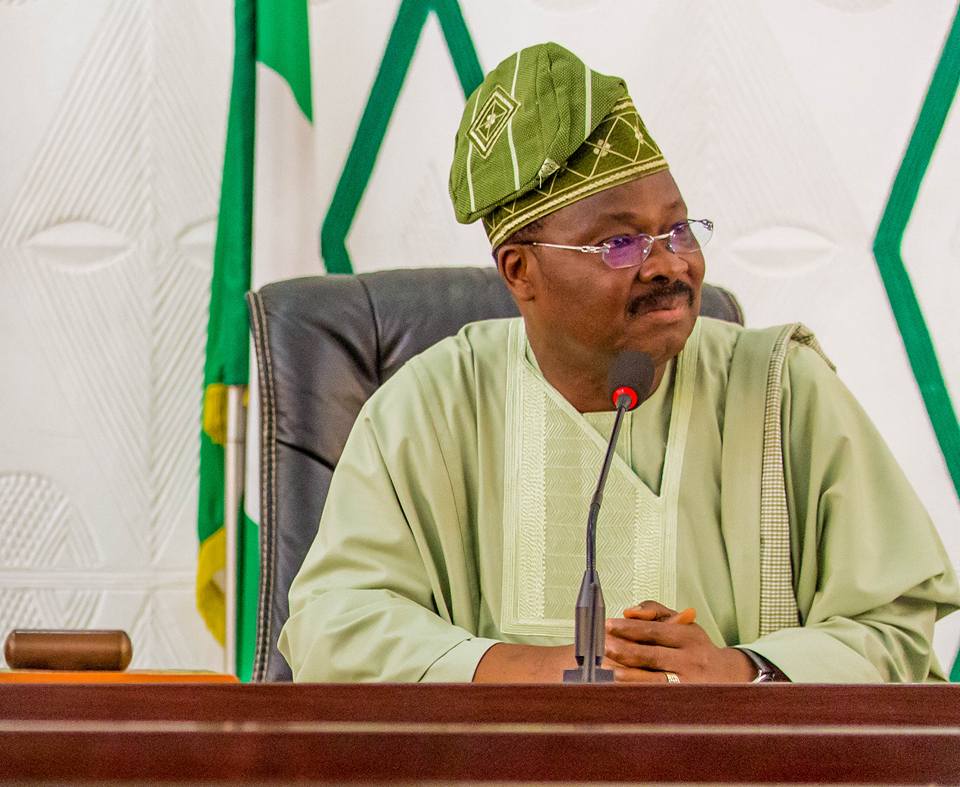By Ehichioya Ezomon
The hotly contested Ekiti governorship election has been won and lost. But while its closing campaigns narrowly escaped a bloodbath, three groups of Nigerians reacted to Wednesday, July 11 highly publicised alleged police attack on Governor Ayodele Fayose at the Government House in Ado-Ekiti. They are those quick to criticise without getting details of an event; those who exercise caution and call for restraint; and others who hold contrary views about the happening.
In the midst of a fouled political environment, aided by access to the social media, most Nigerians no longer wait to get the true picture of occurrences before reacting. They simply swallow “hook, line and sinker” what’s posted, and respond accordingly.
More worrisome, though, are politicians jumping into the fray, to earn some political points. Yet, these are the society’s leaders, who should guard their utterances, to avoid exacerbating a bad situation.
Last Wednesday, there were such instantaneous reactions, condemning the police attack as allegedly directed by the administration of President Muhammadu Buhari, in attempts to rig Saturday’s poll in favour of the All Progressives Congress (APC) and its candidate, former Governor Kayode Fayemi.
For instance, before the rapid-response opposition PDP got its act together, former Vice President and presidential aspirant in the 2019 elections, Alhaji Atiku Abubakar, rolled out a statement, adjudging the police action as the handiwork of the Buhari administration.
His words: “The immunity that a president enjoys under the constitution is the same immunity being enjoyed by a state governor. Thus, it is an aberration to democratic norms and practices in a federal system of government that one layer of government should muscle out another government on account of political differences.”
The national executive of the PDP, led by its chairman, Uche Secondus, upped the ante with a march to the National Assembly, and the headquarters of the Independent National Electoral Commission (INEC), describing the said bust-up as a “coup against (Nigeria’s) democracy.” Similar protests were staged across the country.
Fortunately, some Nigerians and institutions were measured in their rejoinders to the Ekiti saga, such as former President Goodluck Jonathan, who, sounding conciliatory, appealed to the security agencies deployed to Ekiti for the election to “carry out their duties according to the laws of the land by securing the state in a manner that will enable a peaceful electoral process.”
“If it is true that the State Governor, Mr. Ayodele Fayose, was assaulted as reported in the media, my appeal is that such should not be allowed to happen again, since the governor’s constitutional immunity guarantees that he should be given official protection to freely conduct the business of governing the state,” Jonathan said.
As Governor Fayose had reportedly apologised, through his aides, to the Police authorities, that their officers did not manhandle him, as he previously claimed, how would Dr. Jonathan have felt had he gone overboard, as others did, in reacting conclusively to the purported brutalisation of the governor?
In the interim, many Nigerians, believing that Fayose had overplayed his hand, were unmoved by the Ekiti saga. Rather, they dug into their reservoir of wise sayings, to properly situate the happenings with those of 2014 in the state.
They turned out such idioms as, “What goes around comes around.” “What you sow is what you reap.” “Those who live in glass houses should not throw stones.” “Those who are too clever sometimes overreach themselves.” “One good turn deserves another.”
Besides, they labeled Fayose’s displays as a political stunt, questioning why would the police teargas affect only the governor, and his security details watched while a police officer “slapped” him; and how he came about an arm sling “tied” to a neck collar meant to brace his “broken neck.”
Which makes one Dr. Etin-osa Imagbenikaro (@etinmagbe) to tweet thus: “I actually did not understand this contraption (sling and neck collar). I’ve tried to hold it (laughter) in. But I’ve been laughing hard. If anyone tells me they fixed this for him in a hospital, I’d be shocked beyond belief. How do you connect an arm sling to a neck collar that’s bracing (holding in place) a ‘broken neck’?”
But what were the “cynics” driving at, when Fayose, with all paraphernalia of his office, including immunity, was “teargassed” by the police, who were supposed to protect him and members of his political party? It’s simply to nudge Nigerians’ memory to the un-savouring events in the 2014 election in Ekiti, and remind them that the latest occurrences were less in proportion to what took place four years ago.
As candidate of the PDP, which controlled the Federal Government, Fayose was enabled, through the security agencies, to ride roughshod over sitting Governor Fayemi, candidate of the opposition APC. And taking full advantage of the “powers” the government conferred on him, he “deployed” the Military to prevent opposition governors from entering Ekiti to campaign for Fayemi.
Fayose, in cahoots with the Defence Minister of State, Musiliu Obanikoro and the Minister of Police Affairs, Jelili Adesiyan, locked down the state, hounded and arrested prominent APC members that could have mobilised supporters to swell Fayemi’s votes at the poll.
Hence, in the instant case, instead of sympathising with Fayose and Ekiti PDP members, many Nigerians were incensed by the attitude of the elite, who presented the debacle as new in the polity, where politicians engage in a do-or-die enterprise to get themselves or their cronies into power, as was played out in Ekiti last week.
* Mr. Ezomon, Journalist and Media Consultant, writes from Lagos, Nigeria.



